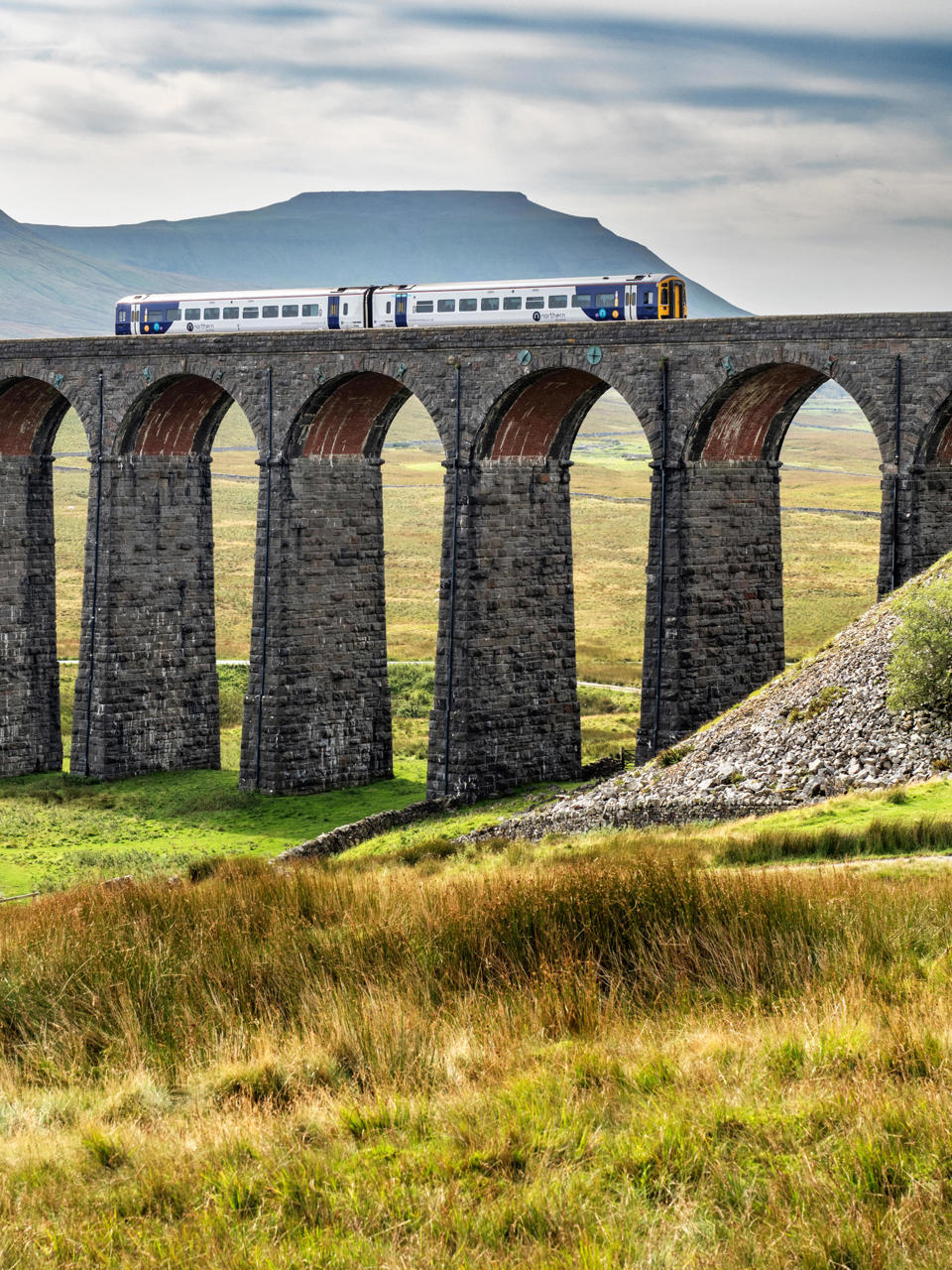Is using the train your first choice to go on holiday this year? It’s not a question many of us are likely to ask, and the answer would probably (and sadly) be a firm negative.
The railway industry is fully aware of how important off-peak travel now is, especially as commuter and business use went off the boil when the COVID-19 pandemic demonstrated how easy it is to work from home.
Is using the train your first choice to go on holiday this year? It’s not a question many of us are likely to ask, and the answer would probably (and sadly) be a firm negative.
The railway industry is fully aware of how important off-peak travel now is, especially as commuter and business use went off the boil when the COVID-19 pandemic demonstrated how easy it is to work from home.
Sadly, few train operators seem to be trying that hard to capture our interest in going out just for pleasure, while at the same time introducing our next generation to the many benefits that rail can offer.
It seems so much different over in mainland Europe, with many countries offering a host of railcard incentives to make journeys satisfying and exciting.
Why can’t we do this in the UK? The evidence is there. How can a 40-year-old, noisy-engined two-car Class 156 diesel multiple unit, with high windows and shabby seats, be a good way to view the grand scenery of the classic Settle-Carlisle Line or the West Highland Main Line? Read more in our summer holiday special on the future of leisure travel.
Also, how can the lack of decent WiFi be acceptable? The previous government didn’t rate it as important, but if you’ve ever travelled with kids and teens, you know you’ll never hear the end of it if they can’t get a good signal.
Did former Transport Secretary Mark Harper or his Department for Transport advisors ever take their families on a long tech-less journey in crowded Standard Class?
The significance to the government of income from off-peak rail travel is clearly shown in statistics from the Office of Rail and Road. The next set of figures for the three months from April-June 2024, due to be published in the next couple of weeks, are expected to reveal a further slowdown in the traditional early morning and late afternoon busy times.
Chris Green, the founding Director of Network SouthEast, was a man ahead of his time 40 years ago. He declared the growth of off-peak travel as one of his key targets, exploiting the ever-present infrastructure, staff and vast train fleets that sat idle for most of the day. And he succeeded.
The Railway Industry Association’s statistics also make interesting reading. RIA has recorded that in the April-June period last year, the off-peak market was worth £1.43 billion, while commuting shrank to £929 million.
Companies that are recovering best from the pandemic seem to be those with leisure as their priority. FirstGroup appears to have got it right with its swish Lumo service on the East Coast Main Line, attracting people into its new, sleek blue Hitachi trains with competitive pricing. Sister business Hull Trains is also doing well.
Apart from specialist companies in a premium price market, the tight regulation of our present-day railway business seems to suppress innovation among most of our day-to-day train operating companies (TOCs).
A good example of this is Dales Rail, the popular Summer Sundays outing from Blackburn and Clitheroe to the Settle-Carlisle Line at Hellifield. Despite heavy demand, it didn’t run in 2023 because Northern drivers were unwilling to work voluntary overtime.
Risk-averse TOCs no longer have easy access to rolling stock, as was the case until the early 1980s, when bargain fare excursions and mystery tours were commonplace. Could it also be that they are simply sitting back because the government will assume control of everything as soon as current contracts expire?
How many of us remember Golden Rail? This was BR’s short-lived response to the overseas package holiday and included rock bottom (First Class) return travel, a week’s half board in a hotel, and taxis from your home to the station and across London.
In 2024, we only have high-priced outings promoted by the likes of West Coast Railways, Midland Pullman, Intercity, and Vintage Trains - all licensed train operators with their own locomotives and coaches that can also be hired out to railtour promoters.
So, how can rail compete with road for those on tight budgets?
First and foremost, the big challenge is to restore trust. In your search for value for money, how can you be inspired when you know that you might be charged top dollar for everything?
Ticket prices are currently all over the place, so where can you get the best bargain?
It is a concern among the non-computer-savvy that stations have outdated ticket machines which don’t sell the cheaper fares that are available online. This might worsen if we see a flurry of new Open Access operators who will specialise in advance, off-peak and split tickets, and might exclusively use websites.
Why, for example, does a one-way ticket for a day out from Northampton to Cardiff cost £107 when purchased from a machine, but just £43 from online retailer Trainline?
Although it costs around £100 a year to subscribe to the Consumers Association’s Which? journal, that outlay can pay for itself with just a couple of rail transactions. Showing you how to root out the best prices, this month’s issue has one that is a whopping 67% cheaper for a family of six than the standard advance fare.
Which? also cites the example of a Great Western Railway ‘Long Weekender’ ticket. One ‘Anytime’ adult ticket from Paddington to Exmouth, leaving on a Friday and returning on a Monday, is offered at a staggering £299. Shop around, and the ‘Long Weekender’, which also allows you to travel at any time, comes in at £129. But Which? says you shouldn’t buy that either, because an advance booking is only around £70.
Which? also discovered an LNER ‘Family Single’ that covers two adults and up to four children for a fixed price, slashing the cost of a journey from Leeds to London from £349 to just £116.
To sum up, the harsh truth is that off-peak leisure rail travel will never be cheap.
New Transport Secretary Louise Haigh made a General Election promise to reorganise the entire ticketing process. But it is so complex that it could take many years.
HM Treasury will also be none too pleased if this revamp results in a net fall in revenue, at a time when every penny is needed to keep the railways’ subsidy under control.
However, this should not prevent a much-needed step-change in service quality, which is everyone’s remit and should never be compromised.
Login to continue reading
Or register with RAIL to keep up-to-date with the latest news, insight and opinion.



















Login to comment
Comments
No comments have been made yet.